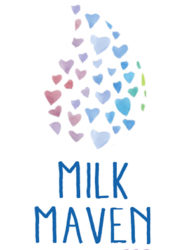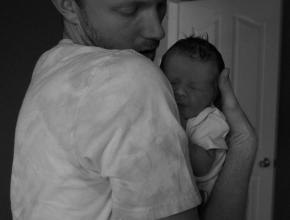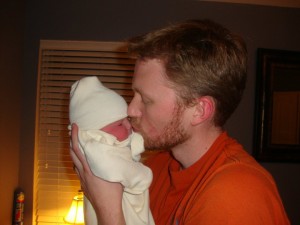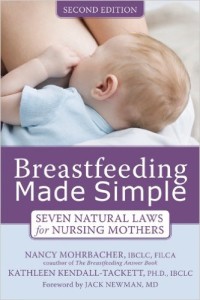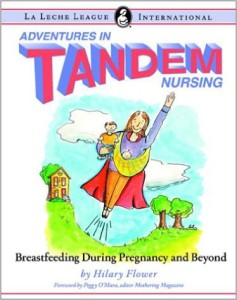I was asked to write a guest blog by one of my favorite people and pregnancy/birth/breastfeeding/boudoir photographers, Sabrena Rexing. I wanted to touch on family, parenting, breastfeeding struggle, and memory making. This is what came out.
This is my mother.
She fancies herself an amateur photographer. At every event, there she is with her camera, clicking away. No, not just at the happy big events, like Christmas and birthdays, but EVERY event. Hospitalizations, funerals, rehab facilities, shopping trips, and family dinners. I even have a picture of me with 90% of my body covered in poison ivy when I was 10. It has become somewhat of a family joke. I asked her once, why did she feel it necessary to document our entire lives without exception?
Turns out that she had read once, that when bad things happen, people stop taking pictures. Taking pictures was her way of saying, “this isn’t bad enough, we will get through this.”
This mindset, true or not, has become ingrained in me. I am one of those weird people who love seeing selfies on Facebook. I drool over everyone’s beautiful food pictures. I coo over babies (and not just because that is my job). When I was turning 29, I had just had my third and final baby, I was in school and overextended. I wasn’t feeling like the hottest tamale, and my sex drive was at the absolute lowest point of my life. So what did I do? I posed for a boudoir session.
When my kids are being monsters and I am frustrated with my day, I start taking pictures of them being them. I catch them climbing the furniture, singing inane songs repetitively, or putting my make-up on the dog. In this way, I take back the feelings of irritation, and replace it with making memories.
I think it is so important to document the good, as well as the bad. When it comes to parenting, eventually you will want to remember all of it. I highly encourage my clients, especially those who struggle greatly, to photograph their nursing babies. Facebook policies and modesty be damned! Take pictures of this time, for it is fleeting. You don’t have to look at them right away, if they might be painful. You deserve to remember the struggle, to acknowledge it, and then proudly say, “I am strong, I got through this!”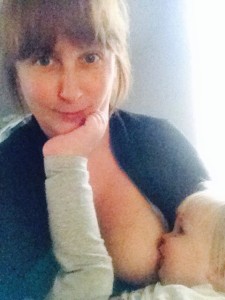
I have lovely professional photographs of my pregnancies, growing family, and even some of my labor and birth. I was about to wean my final baby this summer when I realized, I had none of my children nursing. I, the IBCLC, the person who made breastfeeding her career, have zero professional and frameable photos commemorating the nearly 8 years I spent nursing. I will always regret not making that a priority, but thankfully Sabrena took some lovely ones during her Breastfeeding in Public sessions this summer. She captured perfectly one of our last nursing sessions.
If you look at my mother’s photo albums, they are filled with the minutia of our lives. It is utterly biographical, unashamed, and unblinking. They aren’t all posed, or even flattering (a point that I tease her about) but they are all us. I can hear my Aunt’s voice as she comforts my two-year old about her “boo boo”. I can smell the hospital room, and hear my grandmother’s cackle laugh. Thanks mom, for encouraging me to live my life out loud, and for leaving me a legacy of memory making.

